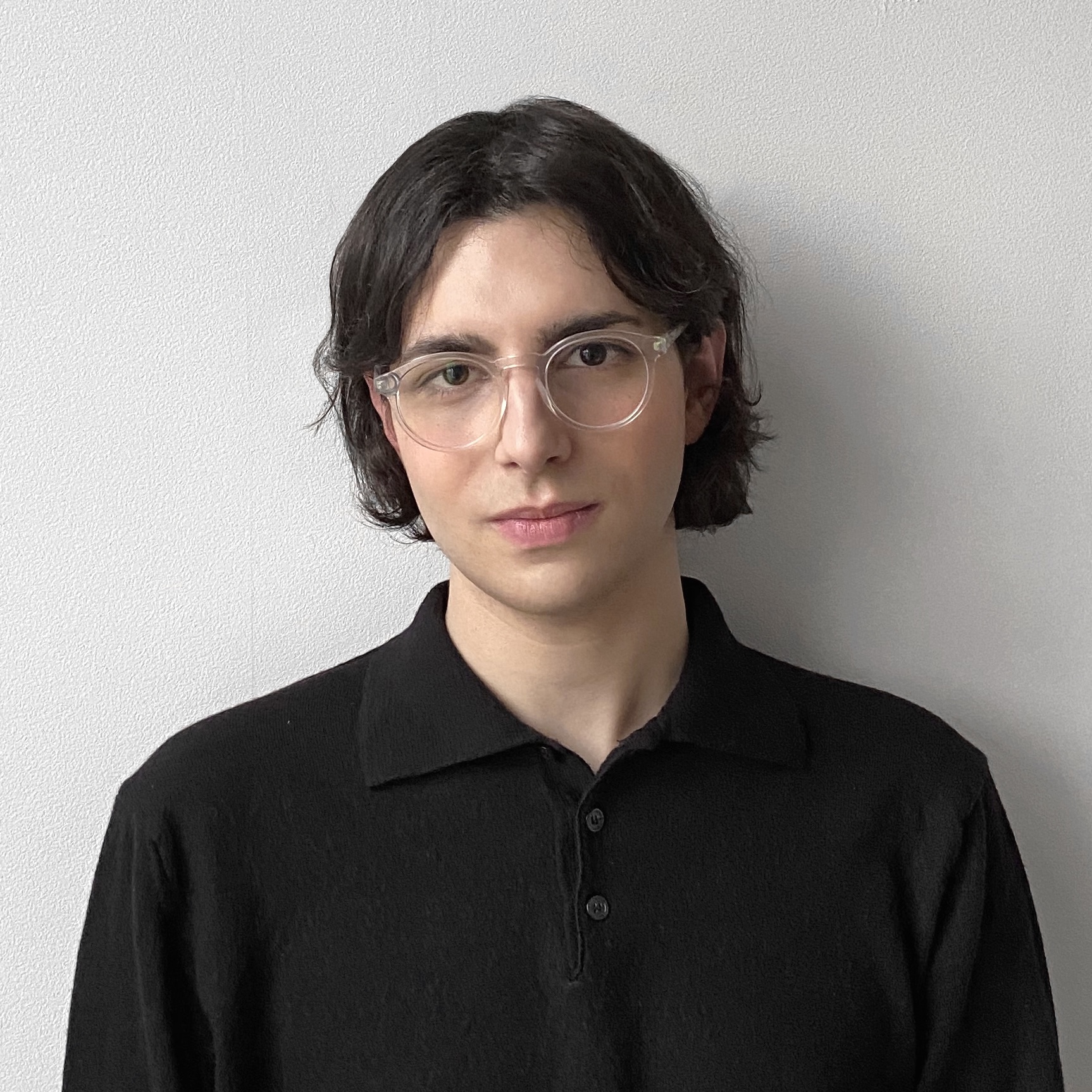
Alex Wolff
International Dissertation Research Fellowship 2020
Project Title
Precarious Politics: Queer Young Adults and the Social Life-Course in South Korea Institutional Affiliation (at time of award)
Anthropology 